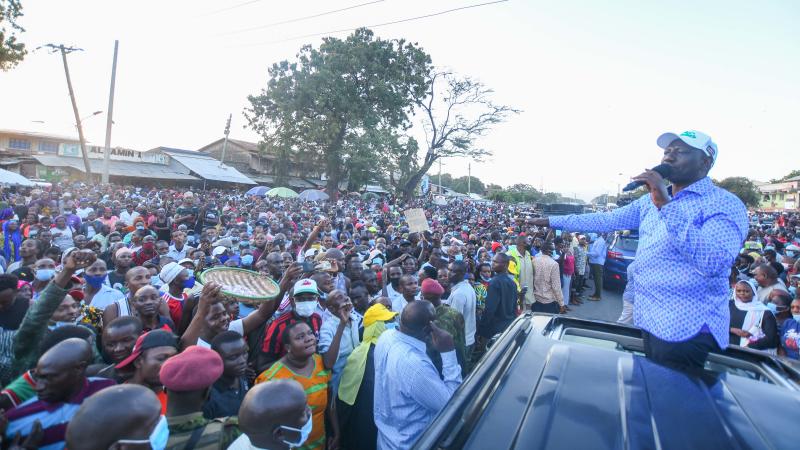×
The Standard e-Paper
Fearless, Trusted News

The term wheelbarrow, introduced into our political lexicon by Deputy President William Ruto, has dominated the country’s mainstream conversation. It has permeated the collective consciousness of the proletariat with the vigour of Haitian revolution of 1791.
While some people have dismissed what has come to be known as ‘wheelbarrownomics’ as a treacherous ploy to hoodwink the electorate, others believe it is the panacea to the trouble with Kenya, as far as the economy is concerned.